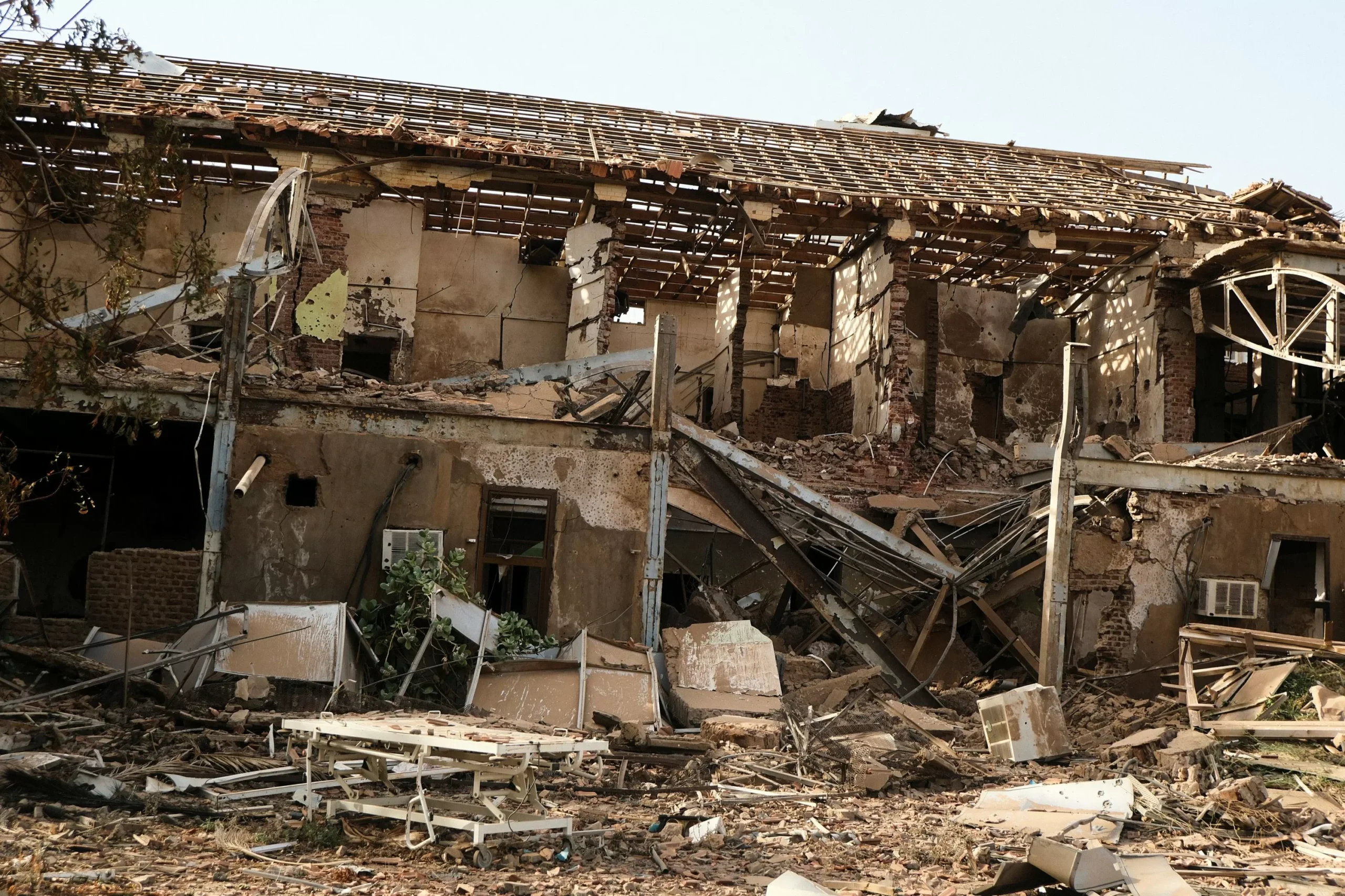A ray of hope in the midst of tragedy – Sudan’s fight against cholera
Sudan’s capital city, Khartoum, has been ravaged by war for years, leaving its citizens vulnerable to the constant threat of disease and illness. However, the city is now facing a new crisis – a cholera outbreak that has claimed the lives of at least 70 people in just two days. The situation is dire, but amidst the chaos and despair, there is a glimmer of hope as the city’s health officials and the public come together to fight against this deadly disease.
Cholera is a highly contagious bacterial disease that spreads through contaminated water and food. It causes severe diarrhea and vomiting, leading to dehydration and eventually death if left untreated. The ongoing conflicts and displacement in Sudan have greatly affected the country’s infrastructure and access to clean water, making it a breeding ground for diseases like cholera.
The recent outbreak in Khartoum has been declared a public health emergency, and health officials are working tirelessly to contain and treat the disease. The government has set up treatment centers in the affected areas and is providing free medical care and supplies to those in need. In addition, aid organizations such as the World Health Organization (WHO) and Doctors Without Borders (MSF) have also stepped in to provide support and assistance.
But it is not just the authorities and aid organizations that are coming to the aid of the city. The people of Khartoum have also taken it upon themselves to fight against this deadly disease. Volunteers have been going door to door, spreading awareness about cholera and its prevention. They have also been distributing hygiene kits and purifying tablets to help prevent the spread of the disease.
The efforts of these volunteers and health officials have already started to show results. The number of new cases has decreased in the past few days, and many patients have recovered and been discharged from the treatment centers. This is a testament to the resilience and determination of the Sudanese people to overcome this crisis and rebuild their country.
The government has also taken steps to improve sanitation and water supply in the city, which are crucial in preventing future outbreaks of cholera and other water-borne diseases. They have launched a campaign to clean the streets and improve waste management, as well as repairing and upgrading the city’s water infrastructure.
The international community has also shown its support for Sudan, with many countries and organizations providing aid and resources to combat the disease. The African Union has pledged to provide financial and technical support, while neighboring countries have sent medical teams and supplies to assist in the crisis.
Amidst the devastation and loss of life, there is a glimmer of hope in Sudan. The determination and unity of its people, along with the support of the international community, have shown that even in the darkest of times, there is always a way to overcome and rebuild. The fight against cholera in Khartoum is far from over, but with the continued efforts and support, we can hope to see an end to this deadly outbreak.
In conclusion, the recent cholera outbreak in Sudan’s war-torn capital has brought about a new wave of tragedy for its citizens. However, the response from the government, aid organizations, and the people of Khartoum has been nothing short of inspiring. The efforts to contain and treat the disease, as well as the initiatives to improve sanitation and water supply, are steps in the right direction towards a healthier and more resilient Sudan. Let us continue to support and stand with Sudan in its fight against cholera, and together we can overcome this crisis.





![Complete BritRail Pass Guide [Types, How to Use It, Pros + Cons]](https://inside-news.uk/wp-content/uploads/2025/06/00221EB4-BCA2-4DBB-6CD4-83DBC37D71FA-120x86.webp)
















